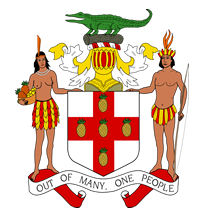Resource information
This Act concerns the development, regulation, construction, management and control of Special Economic Zones in Jamaica. It establishes the Special Economic Zone Authority, which shall be a body corporate. It also creates a Special Economic Zone Fund. The Authority shall establish procedures for the marketing, initiation and conduct of negotiations in relation to the making of applications by sponsors for the entry into master-concessions and licence-agreements. A master-concession means a concession agreement concluded between the Authority and the developer of a Zone established or intended to be established on land that is vested in the Authority as the registered proprietor or head lessee of the land. A licence-agreement is a concession agreement between the Authority and the developer of a Zone established or intended to be established on land that is not vested in the Authority as the registered proprietor or head lessee of the land. The Fifth Schedule sets out rights and duties of developers. The developer shall not sell any land within its zone without prior written consent of the Authority. Subject to the provisions of this Act, a developer of a Zone may enter into sub-concessions with occupants for the use of sites located in the Zone. Bothe developers and occupants are under obligations regarding environment protection. A developer hall not carry out extractive industries, including mining, quarrying or drilling for natural resources (but not including the lawful extraction of water for the developer's or occupant's own use).



